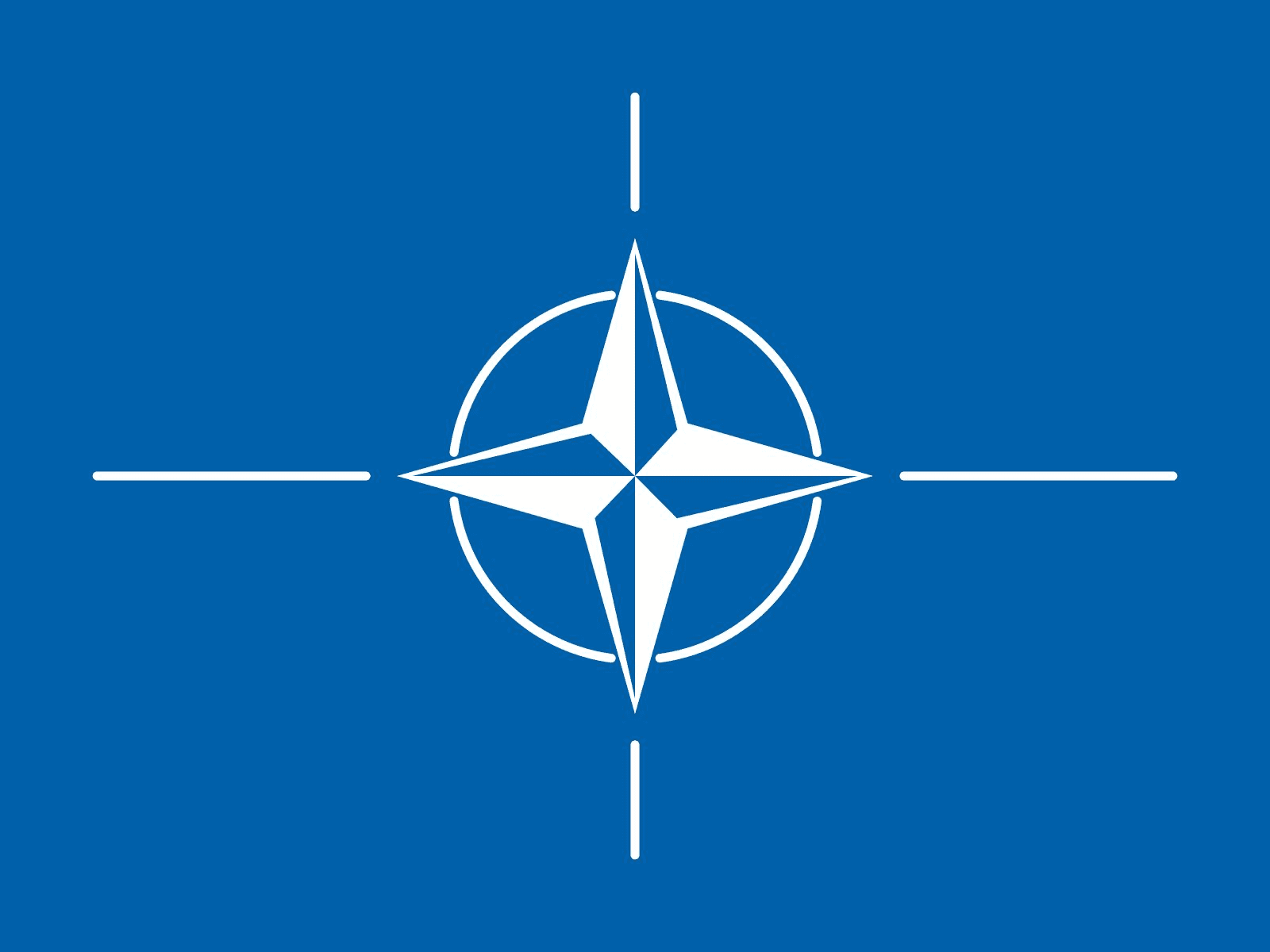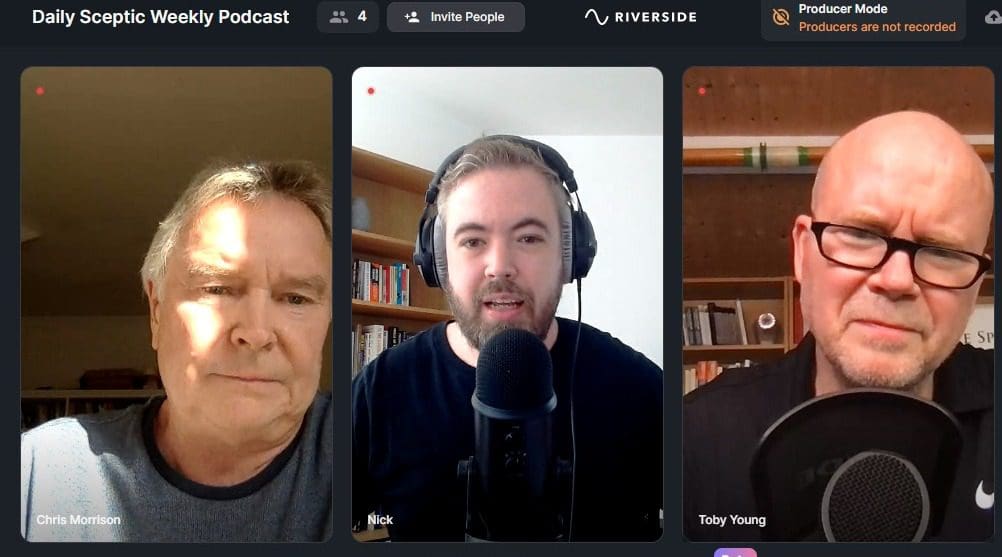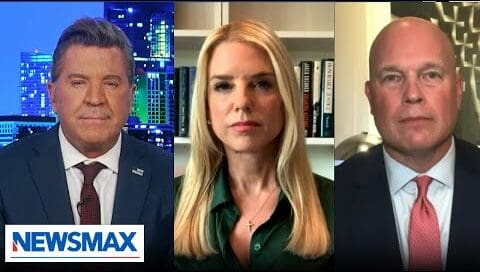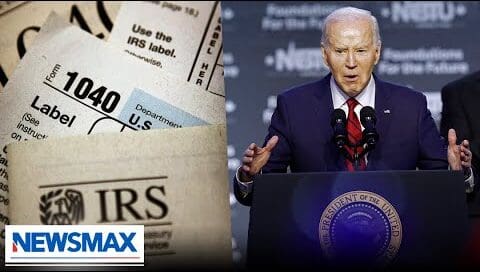

NATO Posts Bizarre Propaganda Video and Almost Gets Ratioed
NATO is a military alliance that was established in 1949 to guard Western Europe against a Soviet invasion.
Along with the U.S. and Canada, most European countries are members – the exceptions being Ireland, Switzerland, Austria, Serbia, Belarus, Ukraine, Moldova, Finland and Sweden. Shortly after Russia’s invasion of Ukraine, the latter two countries applied for membership, and are currently awaiting Turkey’s permission to join.
Most commentators, including myself, would argue that NATO played a vital role in deterring Soviet aggression during the Cold War. (For those who are interested, I wrote a short paper on this.) Today, however, the organisation’s purpose is less clear, and some people say it should have been disbanded after the fall of communism.
Indeed, NATO has been the subject of intense debate since the outbreak of the war in the Donbas in 2014, and even more so since Russia’s invasion of Ukraine.
Some commentators, such as the political scientist John Mearsheimer, argue that NATO’s policy vis-a-vis Ukraine was a key factor behind Russia’s invasion. Others, such as Mearsheimer’s long-time debate opponent Michael McFaul, dispute this – claiming Putin would have invaded regardless of what NATO did.
Among the evidence that NATO policy was a key factor behind Russia’s invasion is the fact that Putin repeatedly mentioned the alliance in his pre-invasion speeches. (Of course, this evidence is by no means dispositive, and we shouldn’t take what Putin says at face value – as with any world leader.)
In response, NATO released a bizarre video that purports to debunk “false myths” and to “set the record straight”. The video deals with two “myths” in particular.
The first is that “NATO is aggressive towards Russia and is trying to encircle it”. As evidence for the falsity of this “myth”, the video claims that “NATO is a defensive alliance” and that “NATO does not seek confrontation”.
What should we make of this? The claim that “NATO is aggressive towards Russia” is too vague to evaluate properly. NATO has certainly never attacked Russia. On the other hand, would the US consider it “aggressive” if Russia or China carried out military exercises in its vicinity? Almost certainly: the US threatened nuclear war when the Soviet Union stationed missiles in Cuba.
What we can evaluate are the claims that “NATO is a defensive alliance” and that “NATO does not seek confrontation”, which are false. Since 1992, NATO has carried out several offensive operations, such as the bombing campaigns in Yugoslavia, the invasion of Afghanistan, and the bombing campaign in Libya. Now, you can argue those operations were justified, but you can’t argue they were defensive.
Amusingly, the video goes on to say that “every sovereign nation has the right to choose its own security arrangements”. Why “amusingly”? Because in response to the recent security agreement between China and the Solomon Islands, the U.S. issued a statement saying, “If steps are taken to establish a de facto permanent military presence … the United States would then have significant concerns and respond accordingly.”
So the U.S. clearly doesn’t accept that “every sovereign nation has the right to choose its own security arrangements”, since it believes the Solomon Islands doesn’t have the right to host a Chinese military base.
Overall, my verdict on NATO’s first myth-debunking is mostly false.


The second “myth” debunked in the video is that “NATO promised Russia it would not expand after the Cold War”. As evidence, the video claims that “no such agreement was ever concluded” and that “no treaty signed by the United States, Europe and Russia includes provisions regarding NATO membership”.
What should we make of this? It’s true there is no formal agreement stipulating that NATO would not expand after the Cold War. However, serious scholars have argued that “informal non-expansion assurances” were granted to Russia. And such assurances arguably qualify as a “promise” not to expand.
Hence my verdict on NATO’s second myth-debunking is highly debateable.
Unsurprisingly, NATO’s bizarre video was not met with universal acclaim on Twitter: it has over 3,000 comments – the vast majority critical. And you can understand why: evidence of NATO’s offensive operations and “informal non-expansion assurances” is easy to track down online. So when people see a video like this, they feel like they’re being lied to.
‘But Noah, Russian propaganda is just as bad as this.’ I don’t disagree. My point is that Western countries ought to have higher standards than Russia. We’re not supposed to be propagandized by our own governments.
It’s possible to have a genuinely productive debate about the war without resorting to demonstrable falsehoods like “NATO does not seek confrontation”.







